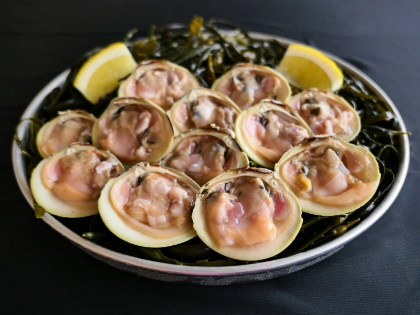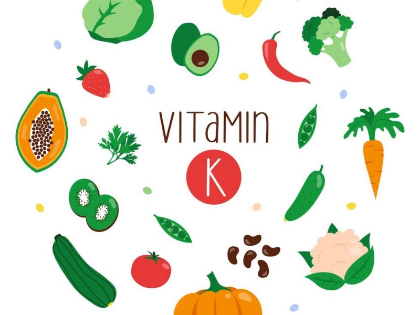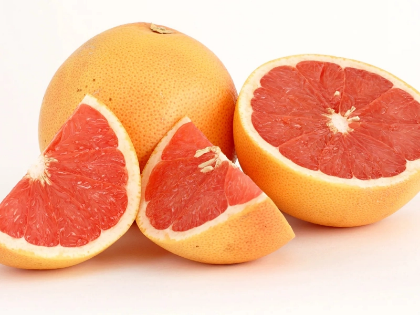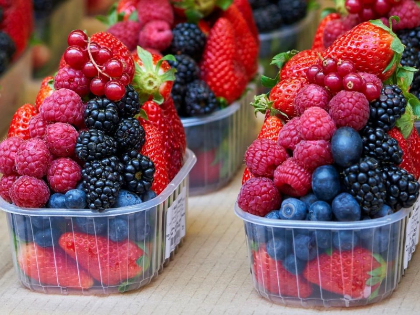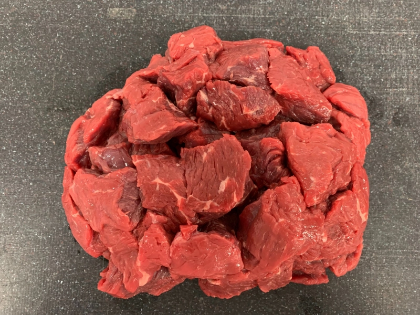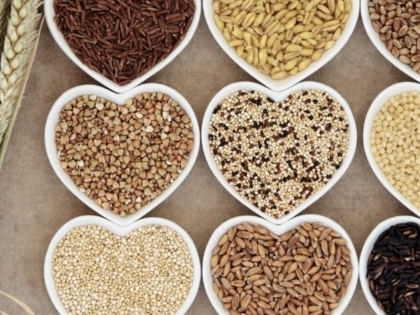Grains for Endurance: Fueling Long-Lasting Energy
Advertisement
1. Value of Tenacity
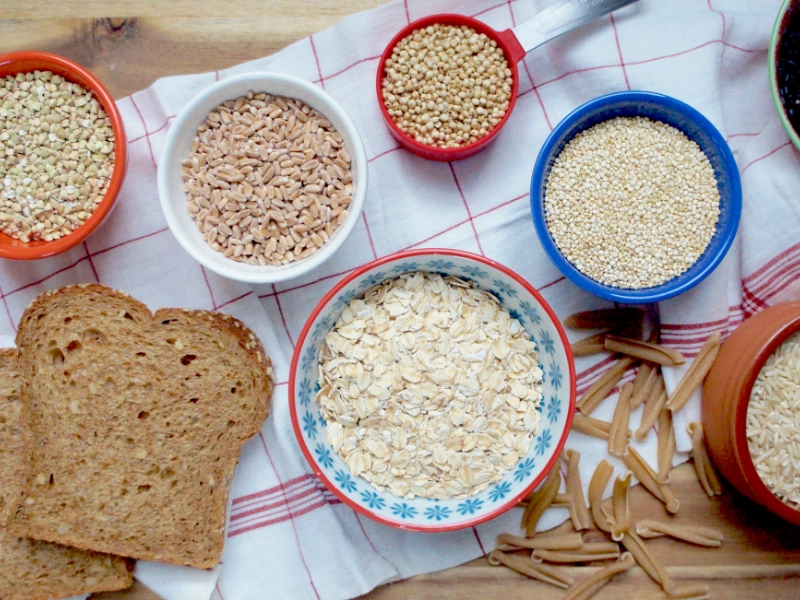
Advertisement
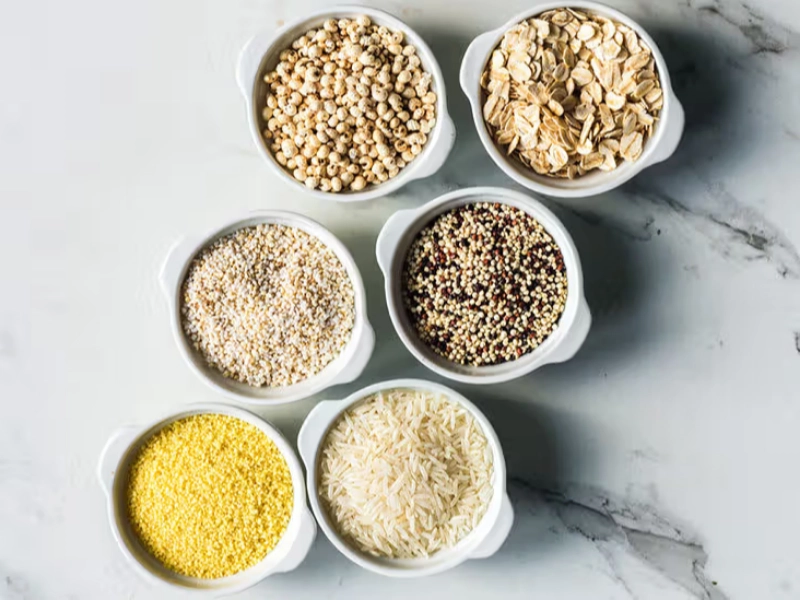 Particularly during exertion, the body mostly gets its energy from carbohydrates. Consumed, they break down into glucose, which muscles utilize for sustenance. Simple and complex are the two forms of carbohydrates. Though they offer brief energy bursts, simple carbs can cause sharp blood sugar level swings. For endurance sports, on the other hand, complex carbohydrates—found in whole grains—release energy more gradually and evenly, which makes them perfect.
3. Whole Grains Against Polished Grains
Particularly during exertion, the body mostly gets its energy from carbohydrates. Consumed, they break down into glucose, which muscles utilize for sustenance. Simple and complex are the two forms of carbohydrates. Though they offer brief energy bursts, simple carbs can cause sharp blood sugar level swings. For endurance sports, on the other hand, complex carbohydrates—found in whole grains—release energy more gradually and evenly, which makes them perfect.
3. Whole Grains Against Polished Grains
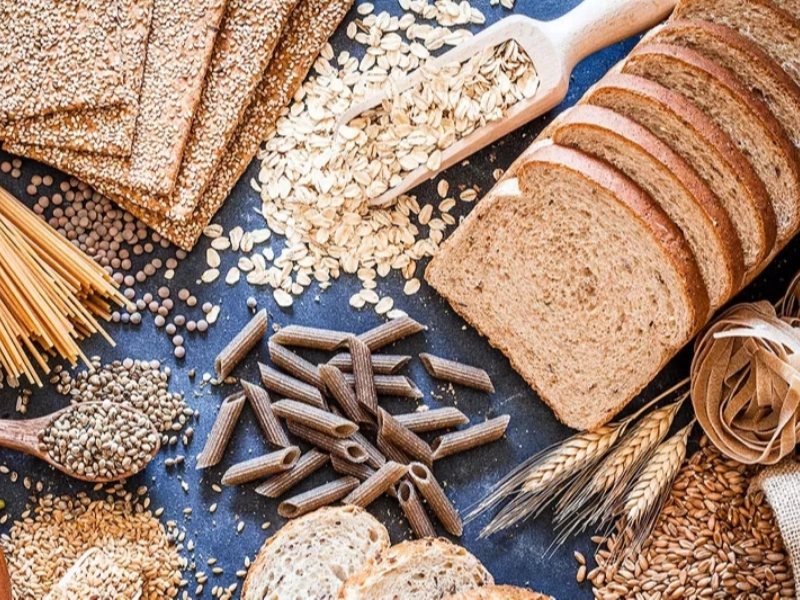 Maximizing endurance calls for choosing whole grains instead of processed ones. Retaining the bran, germ, and endosperm, whole grains guarantee their high concentration in minerals, vitamins, and fiber. This nutritional profile helps to preserve steady blood sugar levels and encourages continuous energy release. Conversely, refined grains have lost these important nutrients, which frequently results in faster energy dumps. Whole grains will greatly increase your endurance and general health.
4. Essential Foods for Resilience
Maximizing endurance calls for choosing whole grains instead of processed ones. Retaining the bran, germ, and endosperm, whole grains guarantee their high concentration in minerals, vitamins, and fiber. This nutritional profile helps to preserve steady blood sugar levels and encourages continuous energy release. Conversely, refined grains have lost these important nutrients, which frequently results in faster energy dumps. Whole grains will greatly increase your endurance and general health.
4. Essential Foods for Resilience
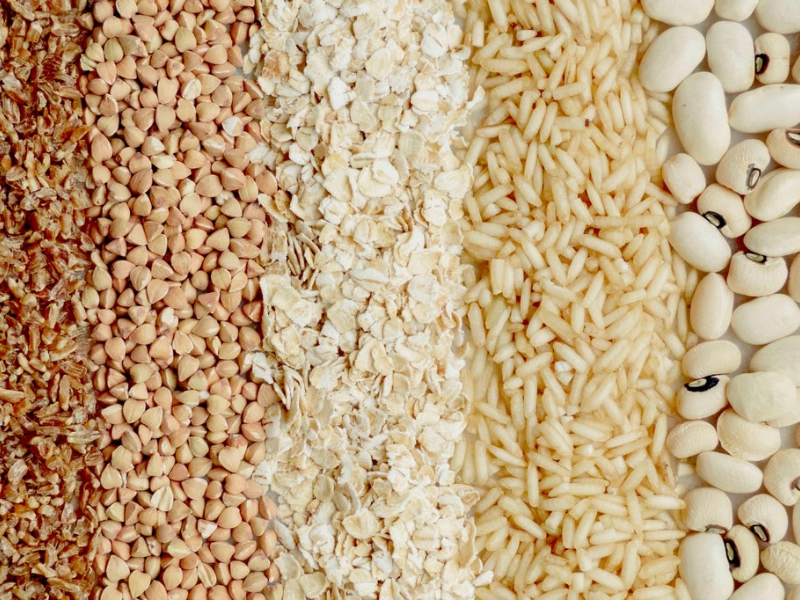 Several grains especially help to increase endurance. Great sources of soluble fiber and complex carbs, oats can help control blood sugar levels and offer long-lasting energy. Another great choice is brown rice, which is high in B vitamins and minerals meant to assist energy metabolism. Perfect for recovery following endurance events, quinoa is a complete protein with all nine necessary amino acids and offers a reasonable ratio of carbohydrates to protein.
5. Fiber's Part in Durability
Several grains especially help to increase endurance. Great sources of soluble fiber and complex carbs, oats can help control blood sugar levels and offer long-lasting energy. Another great choice is brown rice, which is high in B vitamins and minerals meant to assist energy metabolism. Perfect for recovery following endurance events, quinoa is a complete protein with all nine necessary amino acids and offers a reasonable ratio of carbohydrates to protein.
5. Fiber's Part in Durability
 A key element of whole grains, fiber is also very important for endurance. It guarantees effective absorption of nutrients, helps digestion, and thereby promotes a good gut. Fiber also helps to slow down carbohydrate absorption, so releasing energy more gradually. Long workouts or activities especially benefit from this since it helps avoid energy collapses and preserves performance levels.
6. Grain Intake Timing
A key element of whole grains, fiber is also very important for endurance. It guarantees effective absorption of nutrients, helps digestion, and thereby promotes a good gut. Fiber also helps to slow down carbohydrate absorption, so releasing energy more gradually. Long workouts or activities especially benefit from this since it helps avoid energy collapses and preserves performance levels.
6. Grain Intake Timing
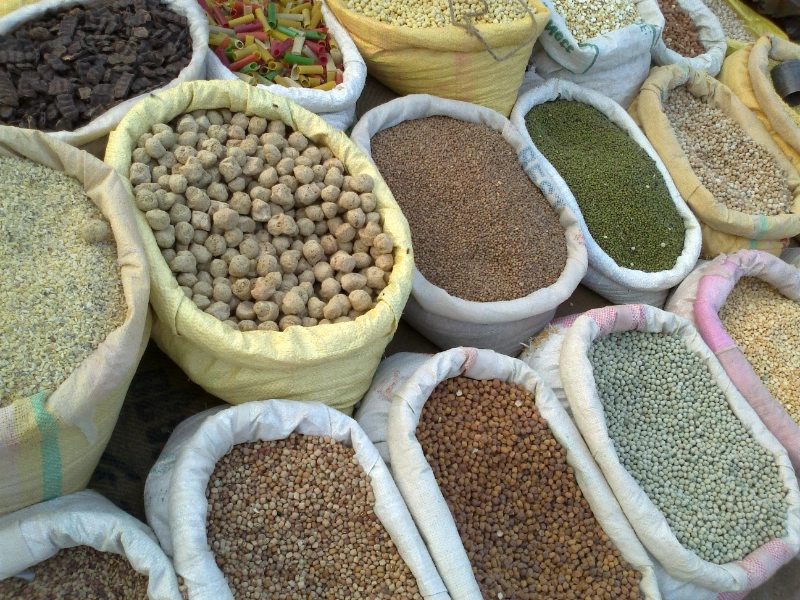 Regarding fueling endurance, timing your grain intake is just as crucial as the kinds of grains you decide upon. A few hours before exercise, a meal high in whole grains can supply the energy required for the best performance. Recovery depends on rebuilding glycogen stores using carbohydrates and protein after exercise. A meal heavy in grains, such as a quinoa salad with lean protein and veggies, will assist in boosting muscle healing and replenishing energy levels.
7. Innovative Methods for Including Grains
Regarding fueling endurance, timing your grain intake is just as crucial as the kinds of grains you decide upon. A few hours before exercise, a meal high in whole grains can supply the energy required for the best performance. Recovery depends on rebuilding glycogen stores using carbohydrates and protein after exercise. A meal heavy in grains, such as a quinoa salad with lean protein and veggies, will assist in boosting muscle healing and replenishing energy levels.
7. Innovative Methods for Including Grains
 Including grains in your diet can be simple and quite tasty. For added taste and nutrition, start your day with a large bowl of oats topped with nuts and fruits. Try a brown rice bowl including grilled vegetables and a protein option for lunch. Offering flexibility in meal preparation, quinoa can be eaten as a side dish, in soups, or in salads. Changing the grains and dishes will keep your meals interesting and give the endurance-related energy required.
8. Grains for Endurance: Summary
Including grains in your diet can be simple and quite tasty. For added taste and nutrition, start your day with a large bowl of oats topped with nuts and fruits. Try a brown rice bowl including grilled vegetables and a protein option for lunch. Offering flexibility in meal preparation, quinoa can be eaten as a side dish, in soups, or in salads. Changing the grains and dishes will keep your meals interesting and give the endurance-related energy required.
8. Grains for Endurance: Summary
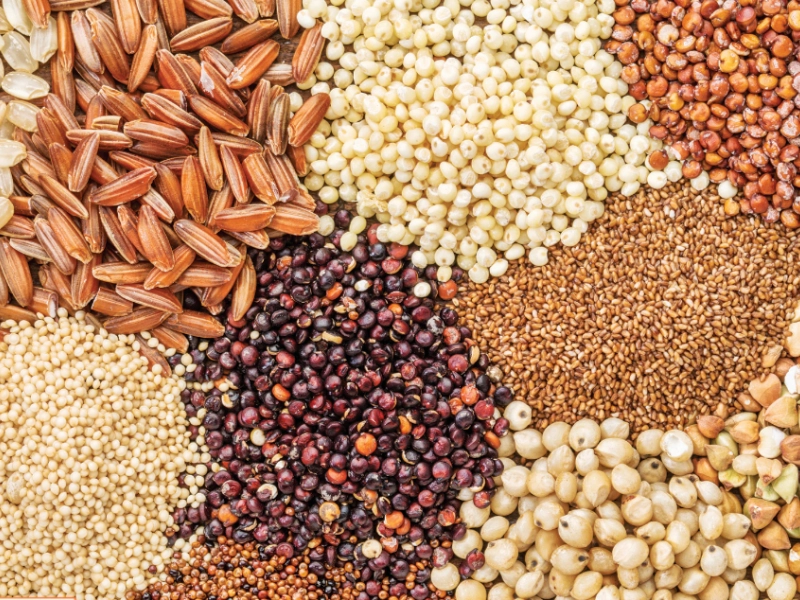 Because they provide critical carbohydrates, fiber, and minerals that assist in maintaining energy levels during extended physical exercise, grains are absolutely crucial for fueling endurance. Selecting whole grains instead of processed choices guarantees a consistent energy release, thereby supporting the best performance and recovery. Effective scheduling of your grain consumption and including a range of grains in your meals will help to improve your endurance and general health. Accepting grains as a basic component of your diet can help you to have more physical resistance and better energy levels.
Because they provide critical carbohydrates, fiber, and minerals that assist in maintaining energy levels during extended physical exercise, grains are absolutely crucial for fueling endurance. Selecting whole grains instead of processed choices guarantees a consistent energy release, thereby supporting the best performance and recovery. Effective scheduling of your grain consumption and including a range of grains in your meals will help to improve your endurance and general health. Accepting grains as a basic component of your diet can help you to have more physical resistance and better energy levels.
Advertisement
Advertisement
